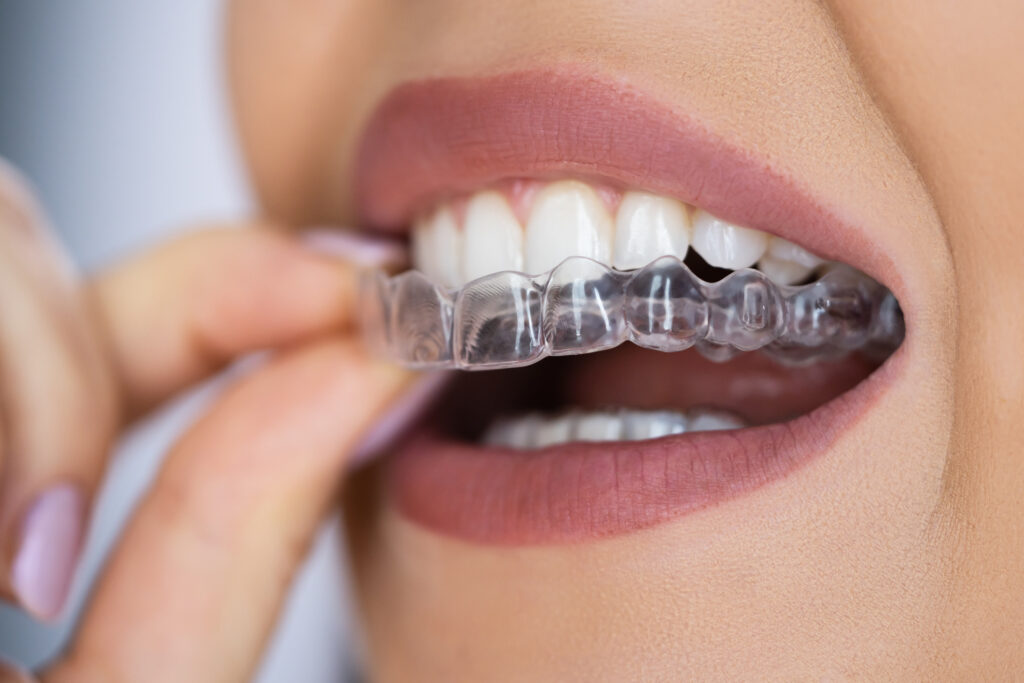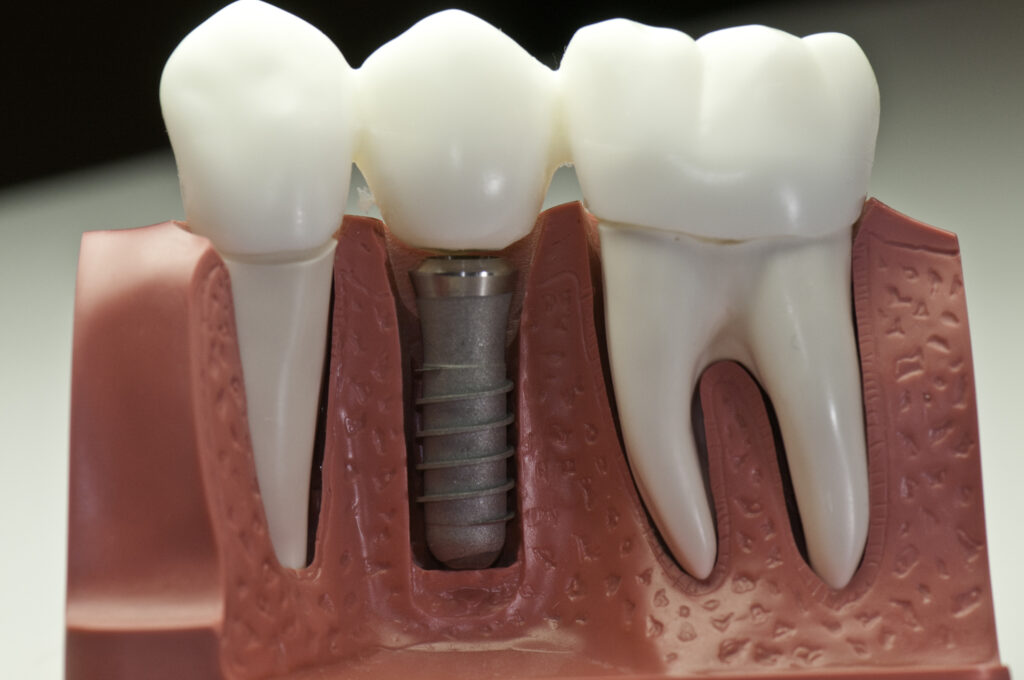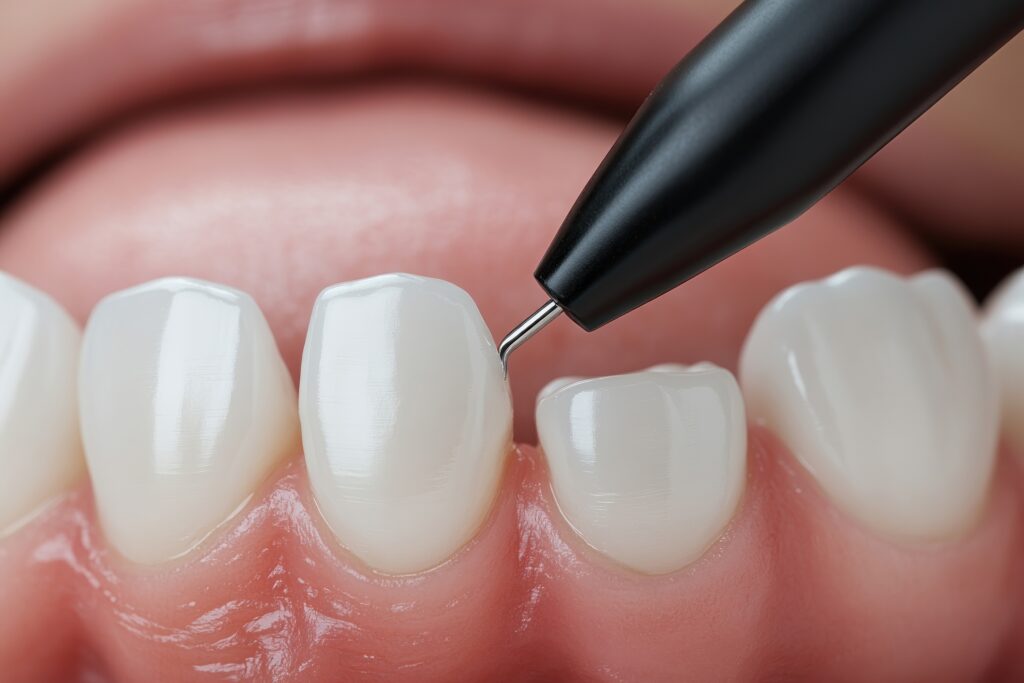Children often sense their parents’ energy before any appointment, and dental visits are no exception. While preparation is important, over-explaining every detail can unintentionally create fear rather than ease it. Parents sometimes try to eliminate all surprises, but this can burden a child with unnecessary worries.
A balanced approach builds comfort without overloading them with information. Instead of lengthy explanations or warnings, guiding children with calm confidence helps them adjust naturally. This makes their first experiences with dental care smoother and less stressful for everyone involved.
How Preparation Impacts a Child’s Dental Visit
Preparation influences a child’s expectations. Too much detail may cause them to focus on possible discomfort instead of the positive outcome. Children often have active imaginations, and when given too much to process, they may magnify simple procedures into something frightening.
Parents should still explain that a dentist is there to keep their teeth healthy. However, simplifying the conversation keeps it child-friendly. Mentioning tools, drills, or needles in advance can unintentionally plant fear. Choosing positive language helps frame the visit as an everyday part of growing up.
Naturally, choosing the right professional also matters. Parents who trust an NYC pediatric dentist like Tribeca Dental Studio can feel assured their child is cared for by experts trained to make young patients comfortable. This trust allows parents to relax, which also reassures the child.
What Happens When You Overprepare Your Child
When preparation crosses the line, it can backfire in surprising ways. Overemphasis on every step makes the dental visit sound like a big ordeal instead of a routine checkup. A child may feel anxious long before stepping into the clinic.
Too much preparation can also create unnecessary resistance. Instead of approaching the visit with curiosity, the child might anticipate pain or fear loss of control. The energy around these conversations directly affects their perception, turning a simple cleaning into a major emotional challenge.
How Over-Explaining Creates Anxiety
Children naturally have questions about new experiences, but flooding them with answers can amplify nervousness. Parents may think they are helping, but layering detail after detail makes the child anticipate negative sensations before they occur.
Here is how over-explaining impacts children:
Fear of the Unknown Grows Stronger
When every possible detail is shared, children begin to picture scenarios beyond reality. Their minds exaggerate harmless tools and simple routines, leading to unnecessary fear that would not have surfaced otherwise.
Words Shape Their Expectations
Language matters. When parents talk too much about pain or discomfort, children focus on those possibilities rather than the positive outcomes. This creates resistance that makes cooperation during the visit harder.
Extra Pressure from Repetition
Reassuring a child too often can feel like pressure. Instead of building comfort, constant reminders signal that something must be scary; otherwise, why repeat it so many times?
Why Balance Matters in Preparing Kids
Children thrive on security, not overexposure. While it is essential not to send them into the unknown, excessive preparation can also remove their natural ability to adapt in the moment. Parents who strike a balance help children approach the visit with calm curiosity instead of dread.
The American Academy of Pediatric Dentistry emphasises the importance of early positive dental experiences. According to their 2023 report, children who had supportive early visits were far less likely to develop long-term dental anxiety, showing the value of balance in preparation.
How Parents Can Prepare Without Causing Fear
Parents can create supportive preparation strategies that are simple yet effective. The key is to avoid technical details and focus on building trust. Here are the approaches that make preparation reassuring instead of stressful:
Keep Explanations Simple
Tell your child the dentist will count and clean their teeth to keep them strong and healthy. Short, clear phrases create realistic expectations without adding unnecessary concerns.
Share Positive Stories
Share uplifting stories of kids feeling proud after dental checkups. This shifts focus from worry to accomplishment, helping children see visits as rewarding experiences that are normal and important.
Model Calm Behaviour
Children notice parents’ emotions quickly. Staying calm, cheerful, and confident shows them the visit is safe. Your attitude shapes their response, making the dentist’s office feel less stressful.
What Role Dentists Play in Comforting Kids
Dentists trained to work with children understand how to guide them gently through the process. Many pediatric clinics are designed to be kid-friendly, using bright spaces, friendly staff, and playful interactions to ease nervousness.
Parents should allow professionals to lead during the visit. Sometimes stepping back and letting the dentist connect directly with the child works better than over-preparing beforehand. Trusting this process helps the child feel independent while still supported.
When Should Parents Step In During the Visit
Parental involvement during a dental visit is a balancing act. Some children feel secure when a parent stays close, while others gain confidence when allowed independence. Parents should observe the child’s reaction and follow the dentist’s guidance on whether to stay nearby or step back.
Over-interference during the appointment may heighten stress. Instead, being a calm presence without adding commentary allows the dentist to use techniques that reduce fear. This teamwork between parent and dentist builds confidence in the child for future visits.
FAQs
Why does over-preparing make dental visits harder for kids?
Because children process details differently, too much preparation can cause them to focus on fear instead of comfort. Their imagination can exaggerate minor steps into scary events, which raises anxiety before the visit even begins.
How should I explain the dentist to my young child?
Keep it short and positive. Say the dentist helps teeth stay clean and strong. Avoid words like pain, needles, or drilling. Focusing on health and strength gives children the right mindset for their visit.
Should I stay in the room during the dental visit?
It depends on your child’s comfort level and the dentist’s advice. Some children do better with a parent nearby, while others feel more confident when they interact directly with the dentist. Following the dentist’s recommendation usually works best.
How can I help my child after their first dental visit?
Praise them for their bravery and reinforce the experience positively. A small reward or extra playtime helps them associate dental visits with achievement rather than fear. This encourages smoother future appointments.
Conclusion
Preparing children for dental visits is about balance, not excess. Overloading them with details can spark unnecessary anxiety, while simple reassurance fosters confidence. Trusting pediatric professionals, modelling calm behaviour, and focusing on positive messages create a healthier relationship with dental care, making future visits far easier.
Disclaimer
This article is intended for general informational purposes only and should not be taken as medical or dental advice. It does not replace professional consultation, diagnosis, or treatment from a qualified healthcare provider. Parents and guardians are encouraged to seek personalised guidance from a licensed paediatric dentist or other healthcare professional regarding their child’s individual needs. Open MedScience and the author disclaim any liability for decisions made based on the information provided in this article.




